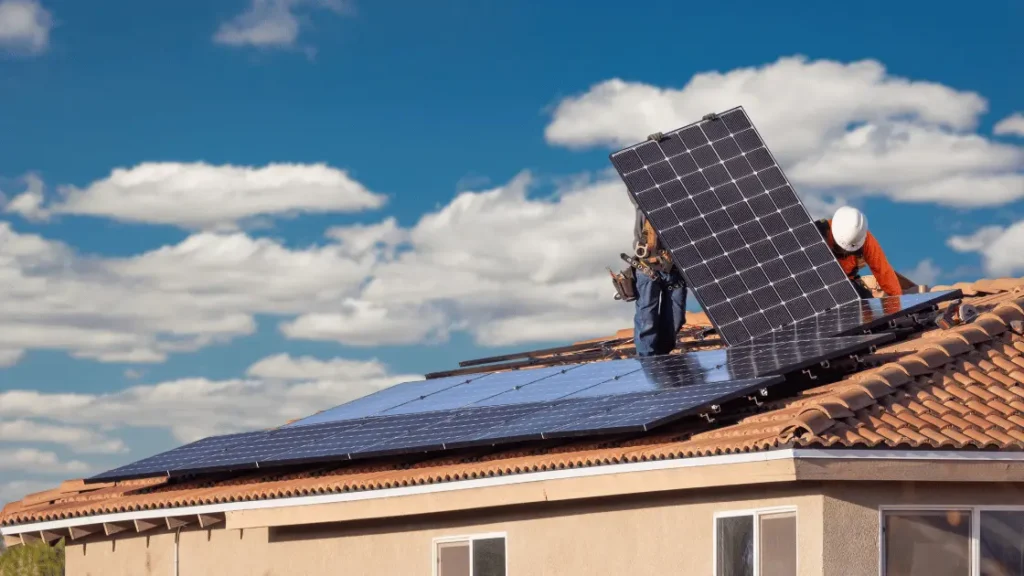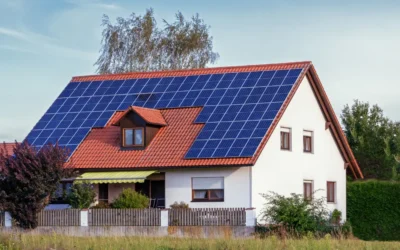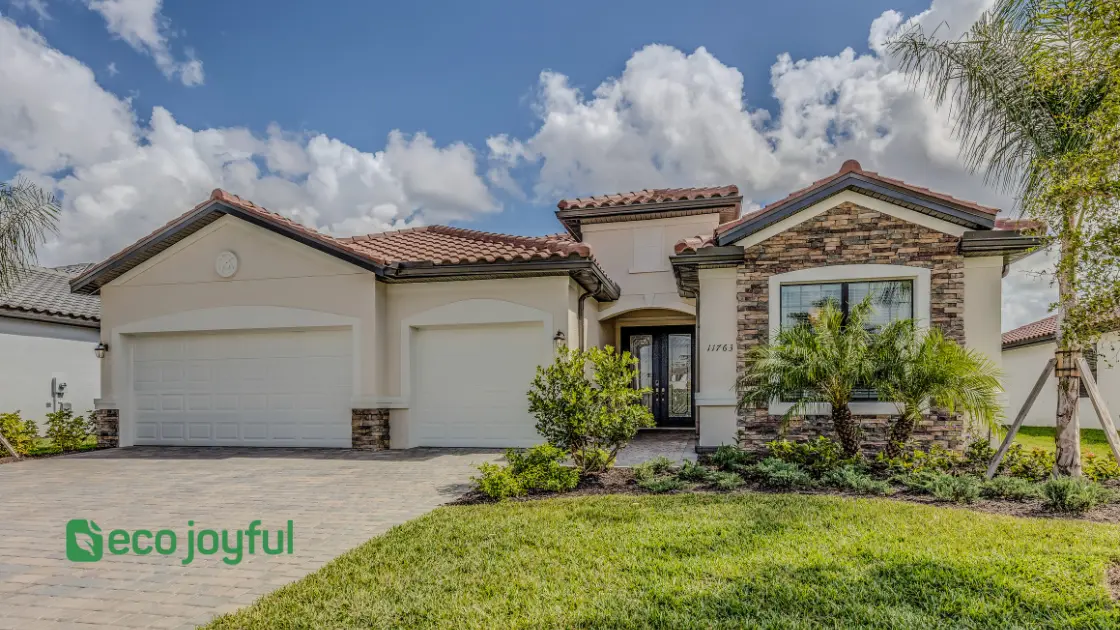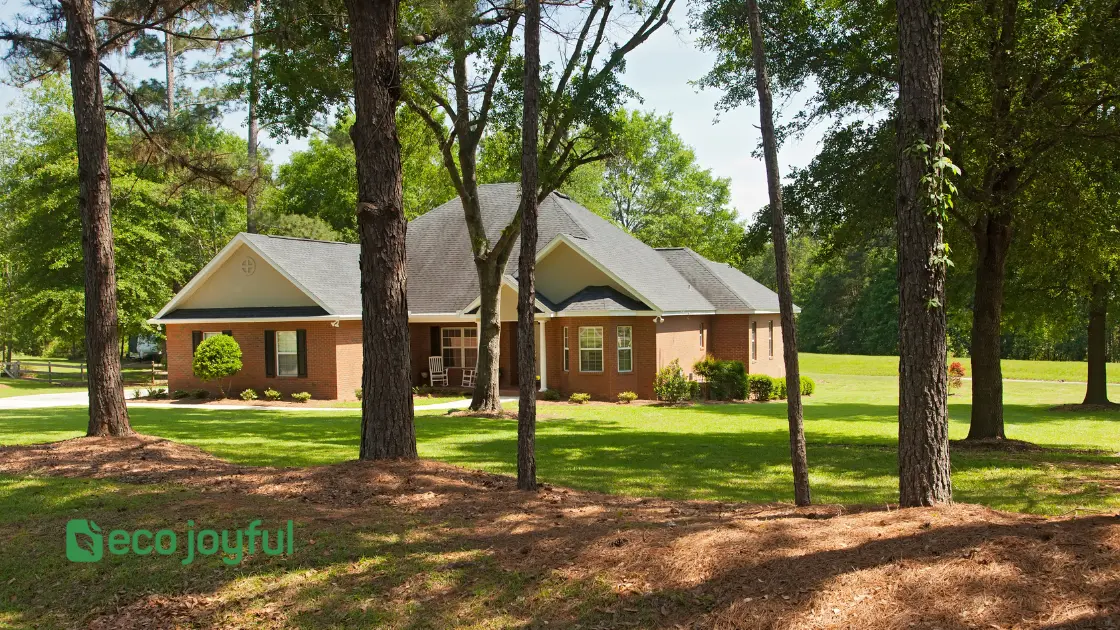Living off the grid in Texas allows individuals to live independently from traditional utilities and embrace a self-sufficient lifestyle in the Lone Star State.
Table of Contents
Benefits Of Living Off The Grid in Texas
Living off the grid in Texas offers numerous benefits that go beyond just reducing your carbon footprint. This lifestyle choice provides a sense of environmental responsibility, energy independence, and significant cost savings. Let’s explore each of these benefits in more detail:
1. Environmental Impact
By living off the grid, you can minimize your impact on the environment. Traditional electricity generation relies heavily on non-renewable resources like coal or natural gas, which contribute to air and water pollution.
However, opting for renewable energy sources such as solar or wind power allows you to generate clean electricity and significantly reduce your carbon emissions.
2. Energy Independence
Living off the grid means breaking free from the dependence on the conventional power grid. Traditional power outages due to extreme weather events or infrastructure failures can leave households without electricity for extended periods.
However, by utilizing renewable energy sources and incorporating energy storage systems, you can enjoy an uninterrupted power supply, regardless of external factors.
3. Cost Savings
One of the most significant advantages of living off the grid is the potential for substantial cost savings. While the upfront investment in renewable energy systems may seem high, the long-term benefits outweigh the initial costs.
By generating your electricity and reducing reliance on utility companies, you can significantly decrease or even eliminate monthly electricity bills.
Additionally, government incentives and tax credits can further offset the initial investment, making the transition to off-grid living more financially feasible.
Moreover, living off the grid allows you to become more self-sufficient. Growing your food, collecting rainwater, and employing energy-efficient practices lead to reduced expenses on groceries, water bills, and household resources. These cost savings can provide greater financial stability and freedom in the long run.
Embracing off-grid living in Texas not only helps the environment but also empowers individuals and households with energy independence and remarkable cost savings.
By making conscious choices and utilizing renewable energy sources, off-grid living can become a viable and rewarding lifestyle choice for individuals seeking greater sustainability and self-sufficiency.
Essential Components For Off-grid Living
Living off the grid in Texas requires certain essential components to ensure a sustainable and self-sufficient lifestyle. In this article, we will explore the key elements of off-grid living in Texas and how they contribute to a more environmentally friendly and independent lifestyle.
Solar Power

Solar power is a fundamental component of off-grid living in Texas. Harnessing the abundant sunlight, installing solar panels enables you to generate clean, renewable energy for your daily needs. By relying on solar power, you reduce your dependence on the grid and lower your energy bills.
With advancements in technology, solar panels have become more efficient and affordable, making them a practical choice for off-grid living in Texas.
Embracing solar power not only helps you reduce your environmental footprint but also allows you to have a constant and reliable source of electricity.
Water Management
Effective water management is crucial when living off the grid in Texas. Being self-sufficient requires careful consideration of water conservation and collection. Installing rainwater harvesting systems allows you to capture and store rainwater for various purposes such as drinking, cooking, and irrigation.
Additionally, implementing water-efficient practices like using low-flow fixtures, collecting water from natural sources, and reusing greywater helps you reduce your water consumption.
By incorporating these water management strategies, you can ensure a sustainable and uninterrupted water supply while minimizing your impact on the environment.
Sustainable Food Production
To truly live off the grid in Texas, sustainable food production is essential. By cultivating food, you become less reliant on external food sources and reduce your carbon footprint.
Consider establishing a vegetable garden, utilizing permaculture techniques, and growing drought-resistant crops to thrive in the Texas climate.
Incorporating vertical farming, aquaponics, and composting allows you to maximize space and resources while minimizing waste. Growing food not only promotes self-sufficiency but also provides healthier and fresher options for you and your family.
In conclusion, when living off the grid in Texas, incorporating essential components such as solar power, efficient water management, and sustainable food production is essential to achieve a self-sufficient and eco-friendly lifestyle.
By embracing these practices, you can reduce your ecological impact, increase your independence, and experience the rewards of sustainable living.
Challenges And Considerations
Living off the grid in Texas can be a rewarding and liberating experience, but it also presents unique challenges and considerations to take into account.
From the initial setup costs to the limited amenities and the need for self-sufficiency and skills, it’s important to be well-prepared for this alternative lifestyle. Let’s explore each of these factors in more detail:
1. Initial Setup Costs
Setting up a sustainable off-grid home requires a significant initial investment. From installing solar panels and wind turbines to building a rainwater harvesting system and a composting toilet, these off-grid technologies come with their costs.
You should also consider the expenses involved in purchasing and maintaining alternative appliances and equipment designed for off-grid living.
It’s important to conduct thorough research and create a comprehensive budget plan to ensure you have enough funds to cover these setup costs. Remember, the initial investment may be high, but the long-term savings and independence from utility bills can make it worthwhile.
2. Limited Amenities
Living off the grid means embracing a simpler way of life, which often involves sacrificing certain modern amenities. While you can still enjoy the conveniences of electricity and running water, they may be limited compared to traditional grid-connected homes.
Depending on your location and the resources available, you may have to be mindful of your energy and water consumption.
Living off the grid in Texas, for example, may require you to ration water during dry spells to ensure sustainability.
Additionally, you may have to adapt your lifestyle to prioritize energy-efficient practices and minimize unnecessary electricity usage.
3. Self-sufficiency And Skills
Living off the grid requires a certain level of self-sufficiency and a broad range of skills. You will be responsible for generating your power, growing your food, and managing your waste. This means you should have knowledge and practical experience in areas such as renewable energy systems, organic gardening, and basic repair and maintenance tasks.
Building a community of like-minded individuals or joining local off-grid networks can help you learn from others and share essential skills and resources. It’s also important to continuously educate yourself on sustainable practices and stay updated with the latest advancements in off-grid technologies.
In conclusion, while living off the grid in Texas can be challenging, it also offers a unique opportunity for a more self-reliant and sustainable lifestyle. By carefully considering and preparing for the initial setup costs, adapting to limited amenities, and acquiring the necessary self-sufficiency and skills, you can thrive in this alternative way of living.
Conclusion
Living off the grid in Texas offers a unique and sustainable lifestyle. With abundant natural resources and wide-open spaces, Texas provides the ideal setting for self-sufficiency.
Embracing renewable energy sources, conserving water, and growing your food are just a few of the benefits of living off the grid.
By disconnecting from traditional utilities, individuals can reduce their environmental impact and create a more self-reliant way of life. Explore the possibilities of off-grid living in Texas and discover the freedom and fulfillment it can bring.









